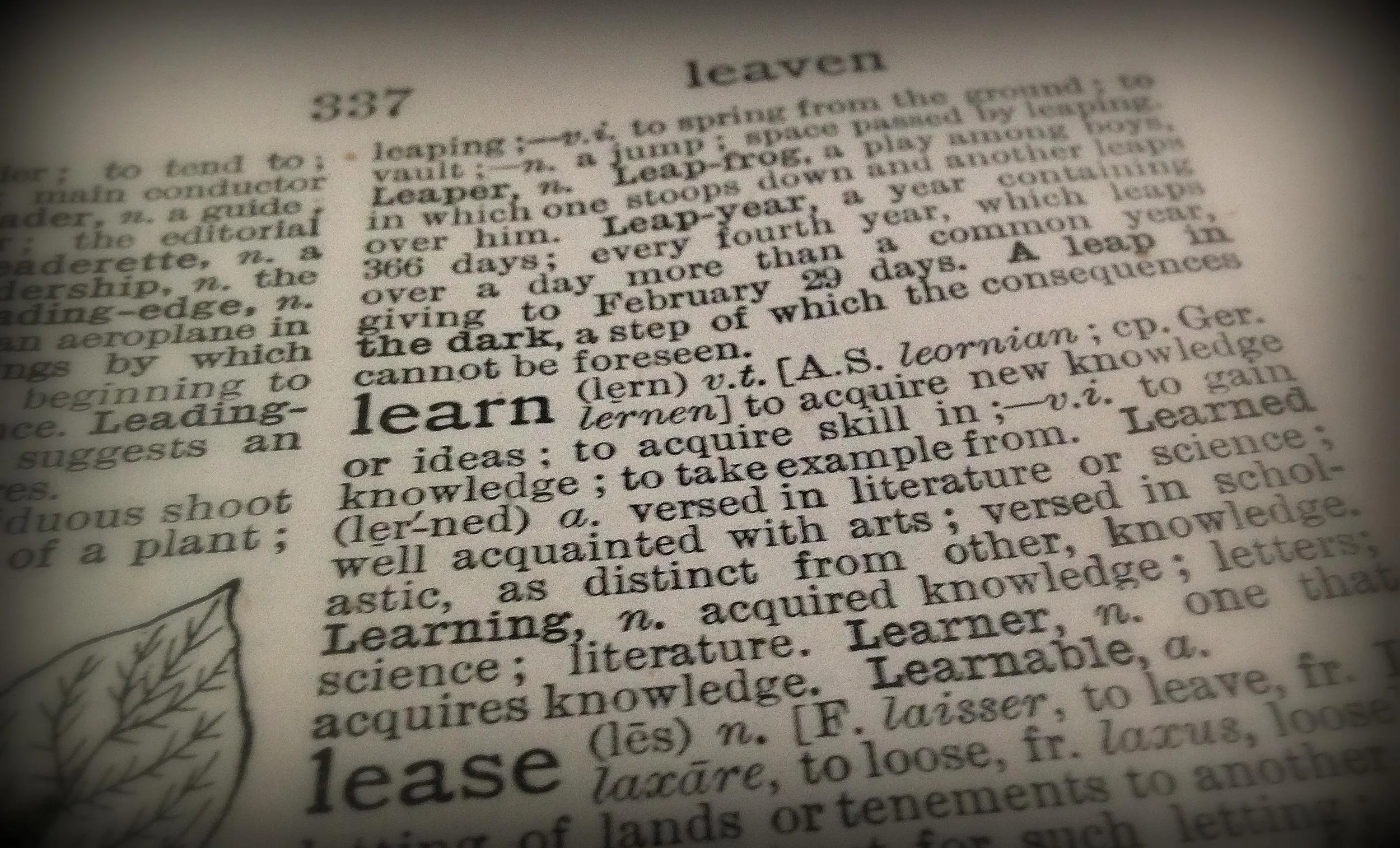In many respects, college admission is a classic case of momentum investing. Everyone chases the same schools, which become harder to get into and more expensive each year. But why not consider “hot colleges in the making” under innovative management?
One way to write a great college admissions essay? Tell your story out loud. (WA Post)
Most application essays aren’t memorable, admissions experts say. A few are so awful they stand out. And some are so powerful that they change a student’s chance of acceptance, or help win scholarships.
Advice College Admissions Officers Give Their Own Kids (NY Times)
Admissions officers tell their own children that high school is far more than just a pathway to college — it’s a time for maturation, self-discovery, learning and fun. They encourage their teens to embrace activities and courses that reflect who they genuinely are, not who they think colleges want them to be. The NYTimes interviewed admissions officers, who all emphasized the importance of their child finding a college that fits, not the other way around; here is their advice.
Common App’s New Leader Ponders College Access — and Holographic Video Interviews (Chronicle)
[note: subscription required]
The Chronicle caught up with Ms. Rickard, now vice president for enrollment at the University of Puget Sound, in Washington state, to ask about her plans for the nonprofit organization behind the widely used admissions-application platform.
What Does a Private College Counselor Do: College Admissions 101 (HuffPost)
“Applying for college is not what it used to be. It is insanely more competitive these days and if you can afford the help of a professional, get it” according to parent quoted in an Atlantic article. College admissions has become a hyper-competitive and important part of a student’s educational journey. As colleges routinely receive thousands of applications and students are applying to more and more colleges each year, admissions has become a sophisticated and confusing process, especially for parents who are unfamiliar with the US educational system and just want the best for their children.
Uncertainty, Unpredictability, Chaos (Slate)
Next year will be confusing for students, families, and most colleges in the admissions process.
How and Why You Diversify Colleges (NY Times)
THERE’S a whole lot wrong with the conversation about including more low-income students at elite colleges, but let’s start here: The effort is too often framed as some do-gooder favor to those kids.
Hardly. It’s a favor to us all. It’s a plus for richer students, who are then exposed to a breadth of perspectives that lies at the heart of the truest, best education. With the right coaxing and mixing on campus, they become more fluent in diversity, which has professional benefits as well as the obvious civic and moral ones. It’s a win for America and its imperiled promise of social mobility.
3 Reasons to Try Out MOOCs Before Applying to College (U.S. News)
Free online courses enable high schoolers to explore possible majors and preview college-level academics, experts say. MOOCs have been controversial, but these online classes enable curious high schoolers to explore a range of disciplines for free without having to commit to staying enrolled.
The college debt crisis is even worse than you think (Boston Globe)
A new study by the Washington think tank New America finds that nearly 50 percent of public four-year colleges nationally are leaving the poorest students on the hook for more than $10,000 a year, a figure that has jumped by a third in just four years. But at private colleges, it’s close to 100 percent. Apart from the elites, most privates, despite all those hefty tuition hikes, have even fewer resources than public institutions and can’t come close to meeting students’ entire need.
Where College Admissions Went Wrong (the Atlantic)
In 2011, close to 200 higher-education professionals from selective institutions across the country gathered at the University of Southern California to come up with a plan to reshape college admissions. “The values and behaviors this system signals as important, and its tendency to reward only a narrow band of students...is crippling the mission of education.” The gathering confirmed the growing consensus—even among those intimately involved in the most notorious aspects of admissions—that the system is in desperate need of reform. The intense competition it fuels undermines students’ well-being; pressures applicants to fine-tune their test-taking skills and inflate their resumes; and distorts the purpose of higher education.
How to Survive the College Admissions Madness (NY Times)
For too many parents and their children, acceptance by an elite institution isn’t just another challenge, just another goal. A yes or no from Amherst or the University of Virginia or the University of Chicago is seen as the conclusive measure of a young person’s worth, an uncontestable harbinger of the accomplishments or disappointments to come. Winner or loser: This is when the judgment is made. This is the great, brutal culling. What madness. And what nonsense.
The Myth of Kinder, Gentler College Admissions (Observer)
The college admissions process is stressful, often absurdly so. It is also unfair—but not in ways that most people realize—and certainly not in ways that most parents, college administrators and policy-makers would agree on.
The current admissions system maintains the status quo, much to the pleasure of the college-industrial complex: lots of students apply for a relatively small number of openings at each school. That basic economic truth—great demand, limited supply—helps prop up ridiculously high tuition. And in turn, that outrageous tuition fuels the craziness to get into “top,” then “better” and finally “good” schools. Here’s how it all works...
